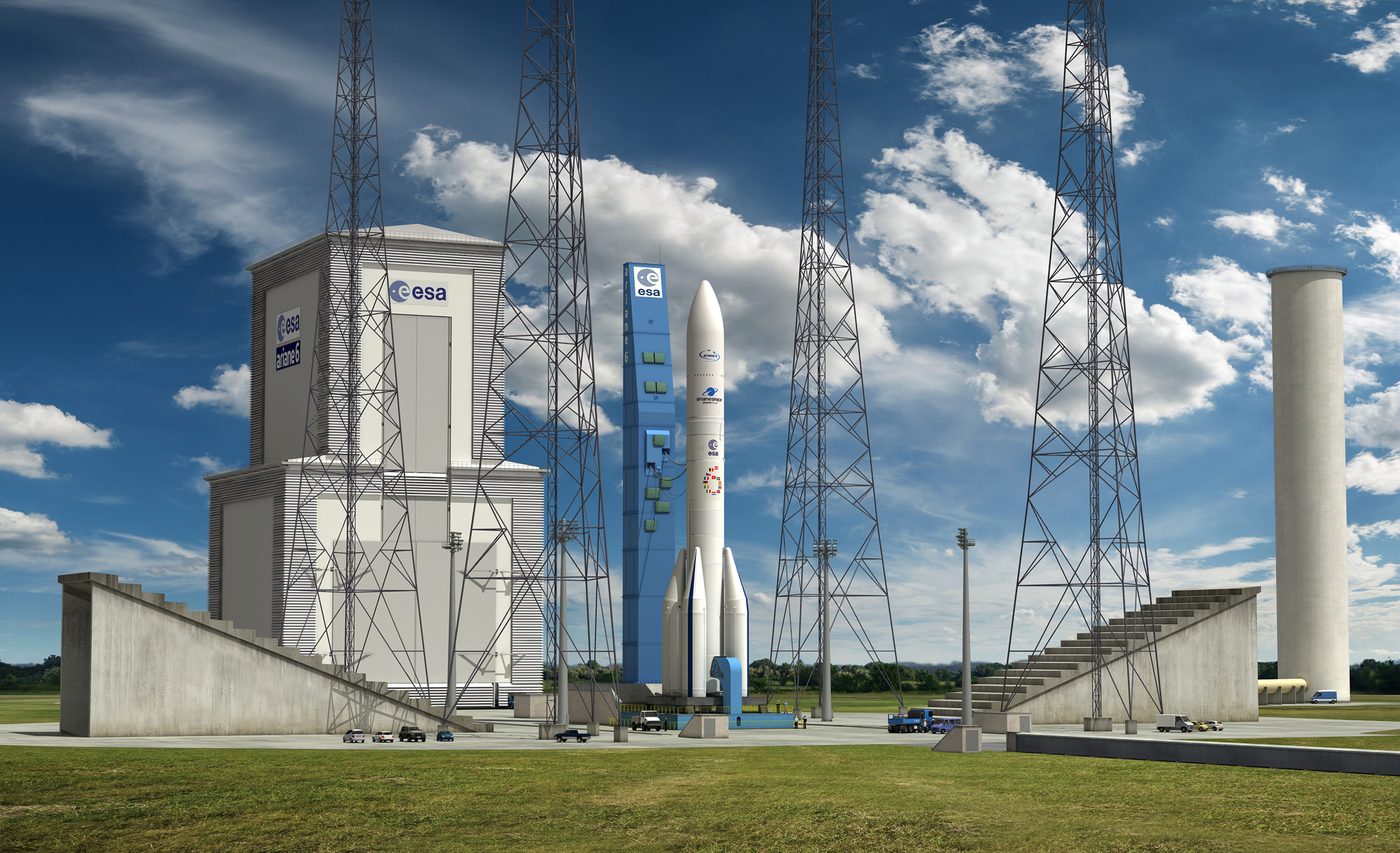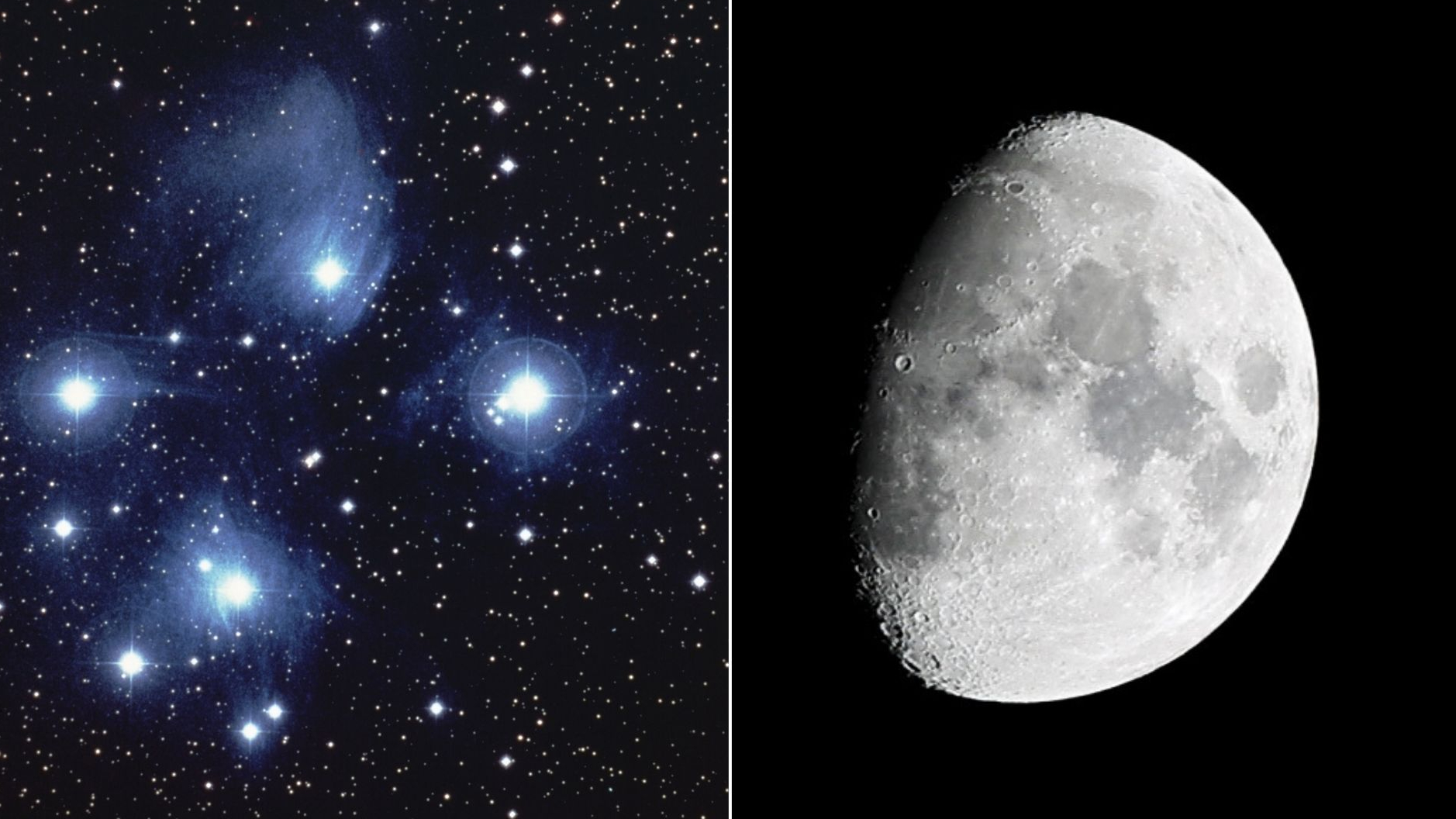Europe won't have reusable rockets for another decade: report
Arianespace's CEO says the expendable Ariane 6 will likely fly for more than a decade before being replaced.

The CEO of France-based launch company Arianespace says Europe will have to wait until the 2030s for a reusable rocket.
Stéphane Israël delivered the comments to a French radio station on April 8, the European Spaceflight newsletter reported.
Arianespace is currently preparing its Ariane 6 rocket for a test flight following years of delays. Europe's workhorse Ariane 5, which has been operational for nearly 30 years, recently launched the JUICE Jupiter mission and now has only one flight remaining before retirement.
Related: Europe's long-awaited Ariane 6 rocket won't launch before late 2023
The European Astronauts are completely aligned with the concept of independent access to space - as witnessed by our manifesto. https://t.co/8MEgY2XnZiMarch 23, 2023
Ariane 6 will be expendable, despite entering development nearly a decade ago, when reusability was being developed and tested in the United States, most famously by SpaceX.
"When the decisions were made on Ariane 6, we did so with the technologies that were available to quickly introduce a new rocket," said Israël, according to European Spaceflight.
The delays to Ariane 6, however, mean that Europe lacks its own options for access to space. This issue was highlighted in a recent report from an independent advisory group to the European Space Agency.
Breaking space news, the latest updates on rocket launches, skywatching events and more!
Israël stated that, in his opinion, Ariane 6 would fly for more than 10 years before Europe transitions to a reusable successor in the 2030s.
Aside from Arianespace, Europe is currently fostering a number of private rocket companies, including Rocket Factory Augsburg, Isar Aerospace, PLD Space and Skyrora, with some of these rockets to be reusable. However the rockets in development are light-lift, whereas Ariane 6 and its possible successor are much more capable, medium-heavy-lift rockets.
Follow us @Spacedotcom, or on Facebook and Instagram.

Andrew is a freelance space journalist with a focus on reporting on China's rapidly growing space sector. He began writing for Space.com in 2019 and writes for SpaceNews, IEEE Spectrum, National Geographic, Sky & Telescope, New Scientist and others. Andrew first caught the space bug when, as a youngster, he saw Voyager images of other worlds in our solar system for the first time. Away from space, Andrew enjoys trail running in the forests of Finland. You can follow him on Twitter @AJ_FI.
